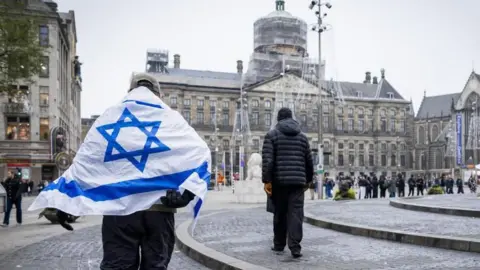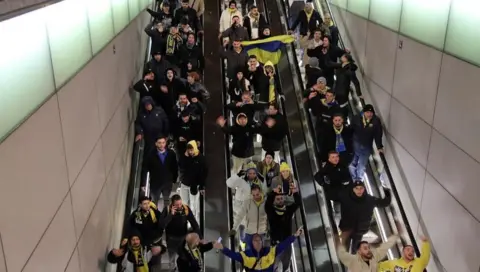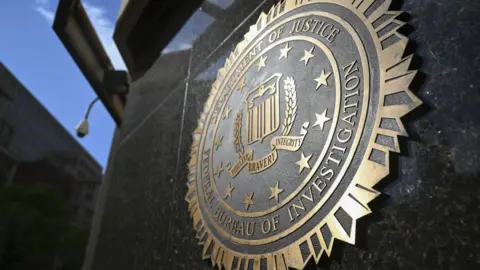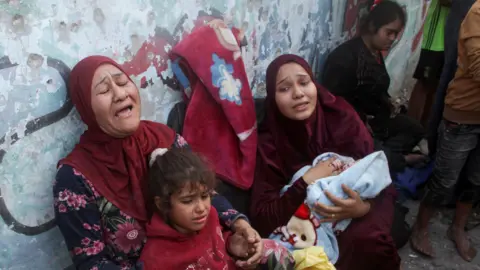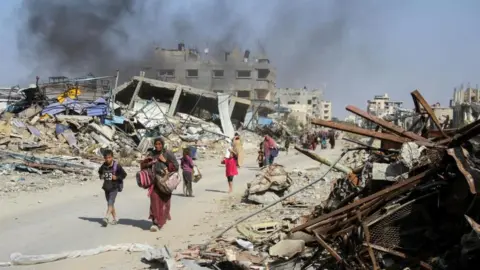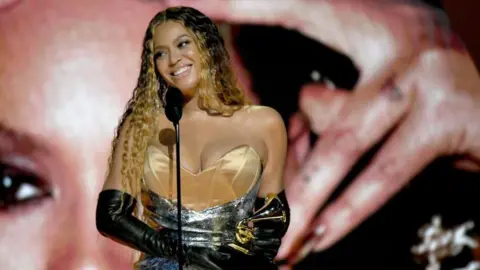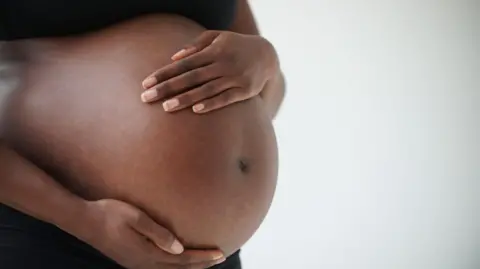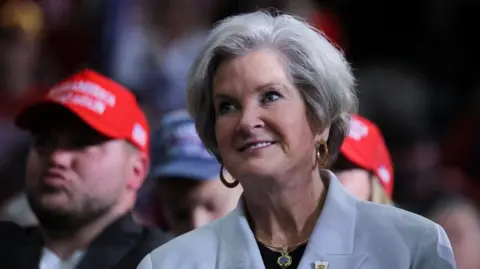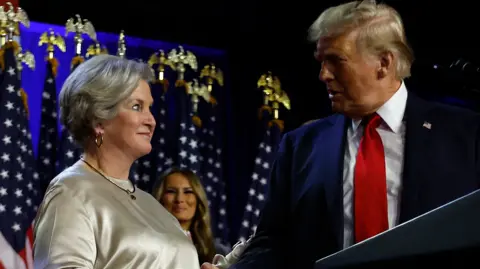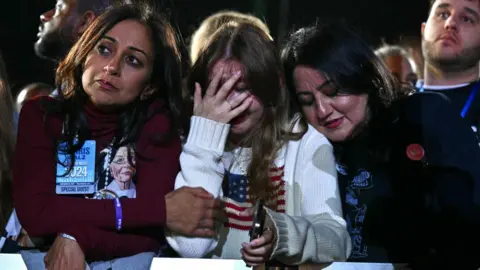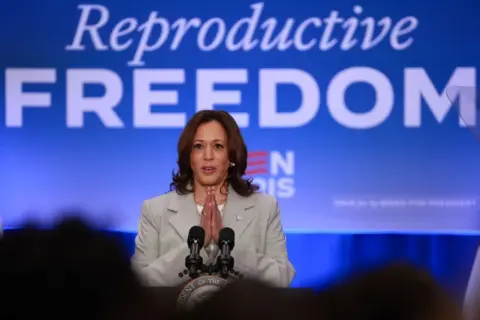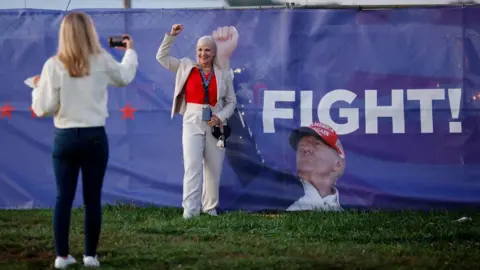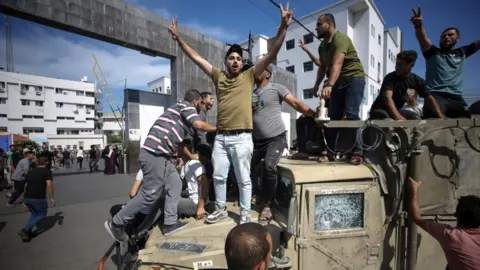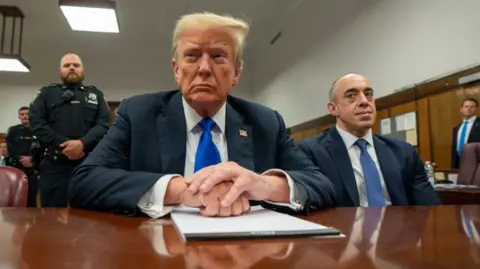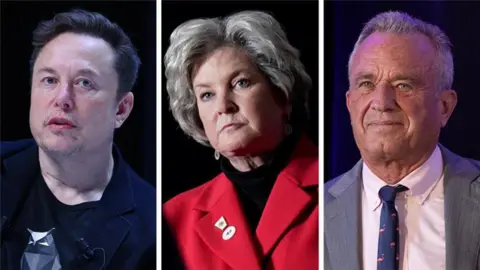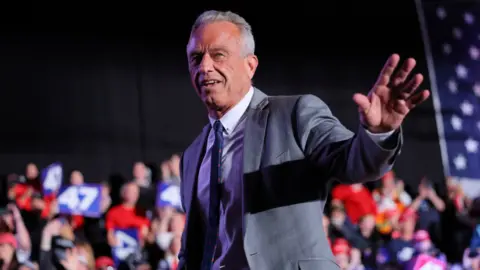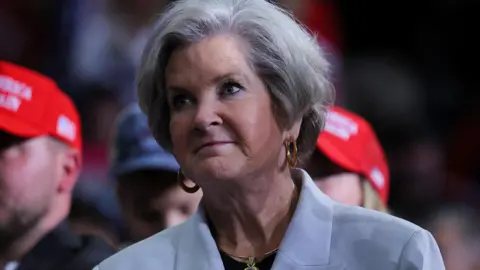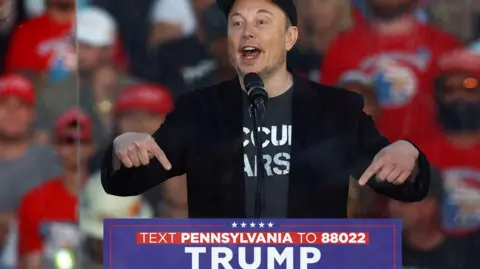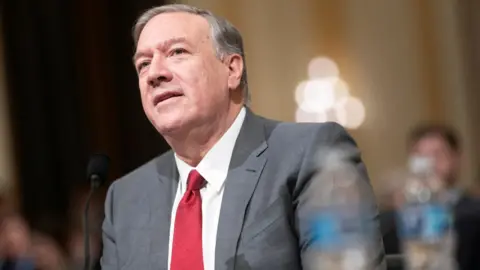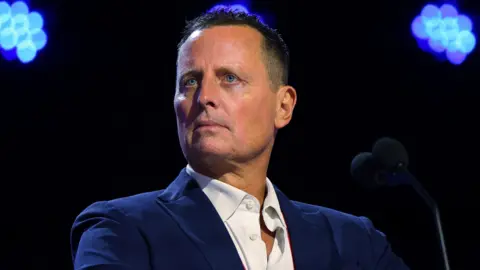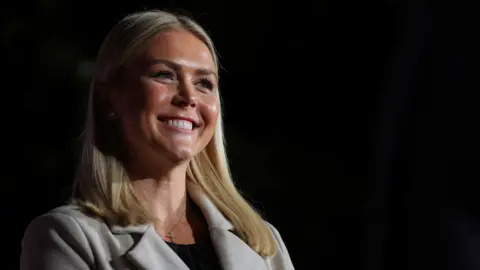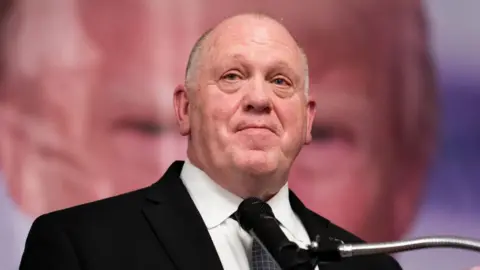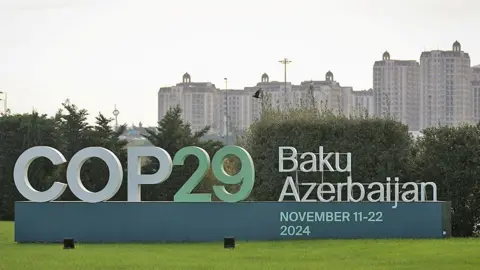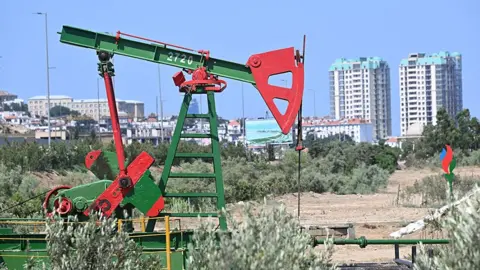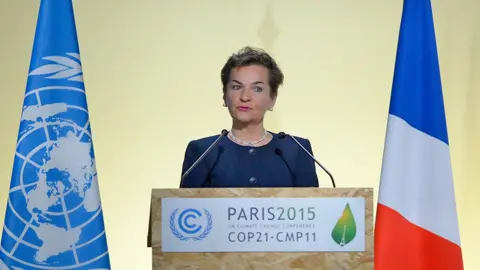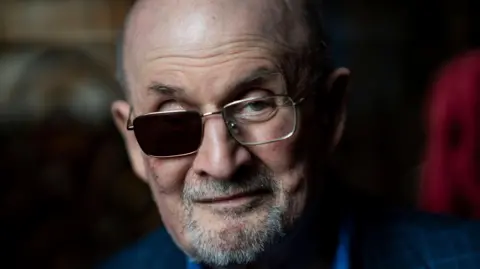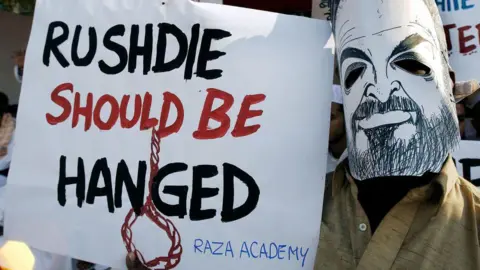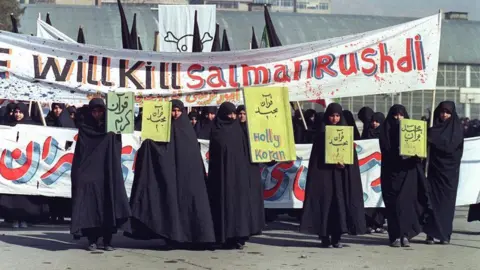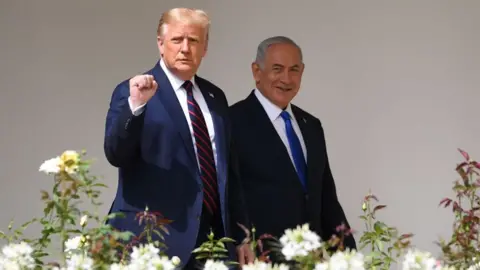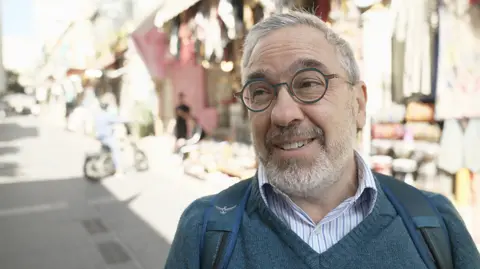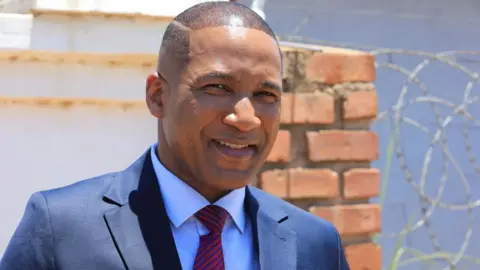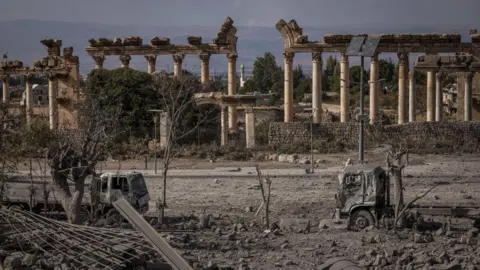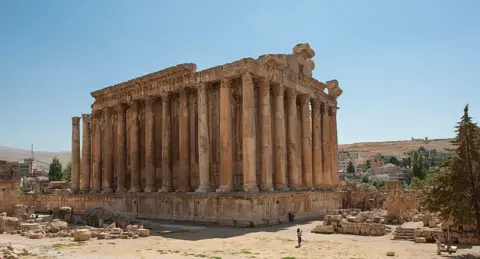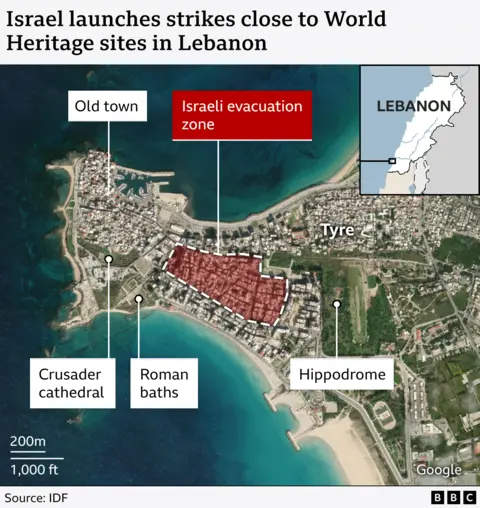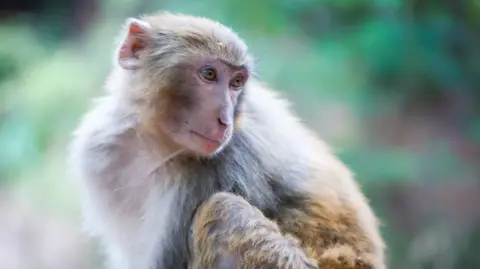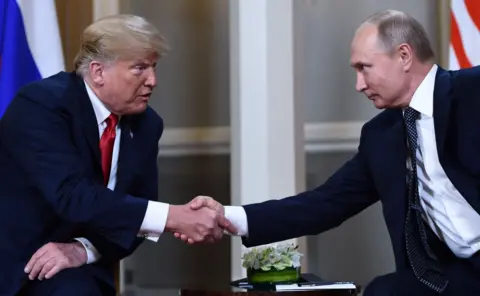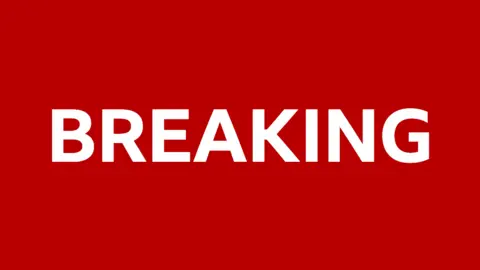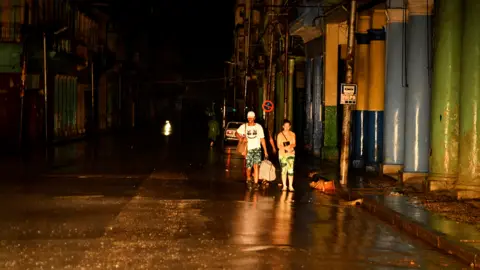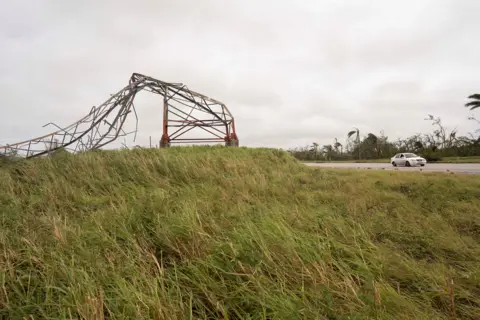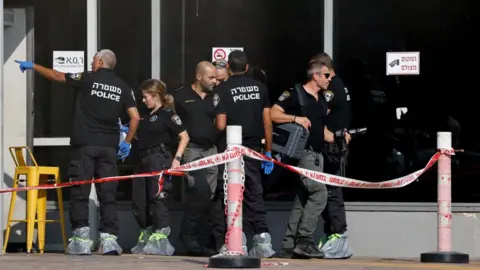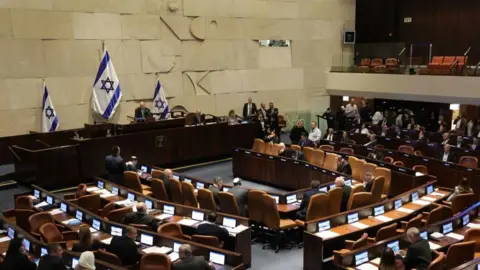We must not turn blind eye to antisemitism, says Dutch king after attacks on Israeli football fans

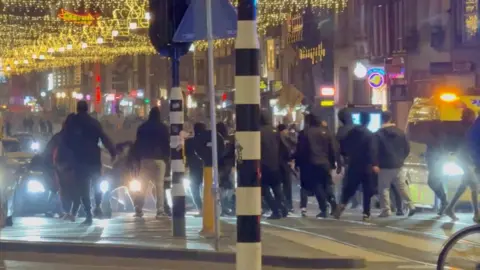 Reuters
ReutersDutch police have arrested 57 people in the centre of Amsterdam after clashes broke out, reportedly involving young locals and Israeli football supporters.
Prime Minister Dick Schoof condemned "antisemitic attacks" and Israeli Prime Minister Benjamin Netanyahu said two "rescue planes" were being sent to Amsterdam after what Israel's military described as "severe and violent incidents against Israelis".
A police spokeswoman told Dutch media that unrest had broken out around Dam Square in the heart of the capital, but did not say who was involved.
Supporters of Israeli club Maccabi Tel Aviv had travelled to Amsterdam for a Europa Cup match against Ajax.
Schoof said he had followed developments with horror, adding that he had spoken to Netanyahu and emphasising that the "perpetrators will be tracked down and prosecuted".
There had already been arrests and trouble in Dam Square ahead of the match involving Maccabi fans and pro-Palestinian protesters, and there were reports of supporters setting off fireworks and tearing down a Palestinian flag on a nearby street.
But the unrest grew after the game. Police said it was unclear who had taken part in the riots, telling local media that those involved were wearing dark clothing.
Several videos circulated on social media, with one showing a man being kicked and beaten on the ground and another showing someone being run over. In some videos, people could be heard shouting pro-Palestinian slogans, although the footage has not been verified by the BBC.
Israeli President Isaac Herzog spoke of a "pogrom" against Maccabi fans and Israeli citizens. Dutch anti-Islam politician Geert Wilders who leads the biggest party in parliament also spoke of a pogrom, saying "authorities will be held accountable for their failure to protect the Israeli citizens".
Amsterdam Mayor Femke Halsema had earlier sought to prevent trouble by moving pro-Palestinian protesters away from the Johan Cruyff Arena. But Dutch reports said a large group had then tried to head to the stadium, only to be stopped by riot police.
Herzog said on X that he trusted the Dutch authorities would act immediately to "protect, locate and rescue all Israelis and Jews under attack".
